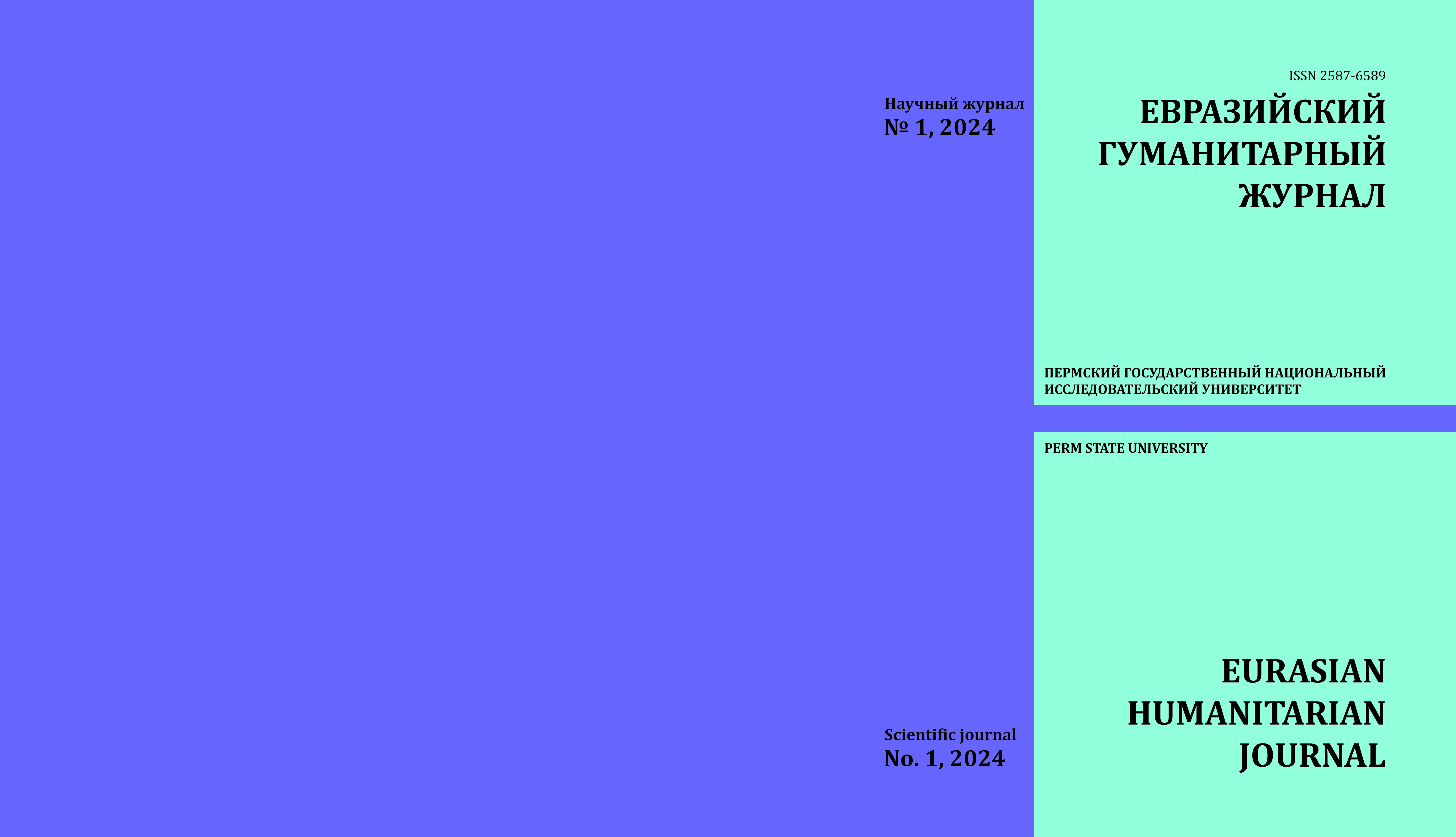LANGUAGE MARKERS OF COMMON KNOWLEDGE IN MODERN ENGLISH MEDIA
Keywords:
linguistic marker, linguistic markers of ethnolinguistics and professional identity, linguistic markers of reciprocity of actions, linguistic markers of experience translation, discourse markersAbstract
The article reveals the content of the concept of "language marker", which in different sources has a different nomination, namely "marker words", "key words", "chrono-facts words", "key words", "symbol words", "witness words" and others. Modern texts are characterized by a mixture of styles, where markers allow you to determine the specifics of a person's worldview. The modern development of society has entered the era of decentralization, which affects the leveling of genre, plot, and ideological structures of texts, the allocation of which is facilitated by the use of certain language markers. In other words, when using a linguistic marker of common knowledge, the author gives a reference to those well-known facts or events fixed in the recipient's mind and thereby expresses an attitude towards what has been said. Functionally, the markers of common knowledge can be divided into appeals for the purpose of confirmation / criticism; giving a well-known example and generalizing of well-known facts. The research materials were articles from CNN, BBC News, The Wall Street Journal, Morning Star, Washington Times and Daily Chronicle, based on which the studied language units were selected. The use of well-known markers signals the prominence of the event or phenomenon in question, respectively, the indisputability of its reliability. Thus, the use of well-known markers signals a reference to an indisputable source of information that operates not with specific data or facts, but with some abstract information formed due to mass fame. The authors of the article come to the conclusion that the vast majority of markers of common knowledge, in relation to English–language media texts, are expressed in adverbs in the meaning of "usually", "traditionally", "actually" – 50 %. There are also cases of their expression by verbs in the passive voice (5 %), in Participle II (15 %) and Present Perfect (5 %), adjectives (15 %), as well as combinations of "adjective + Participle”Downloads
Published
2024-04-13
Issue
Section
ДИСКУРСОЛОГИЯ

